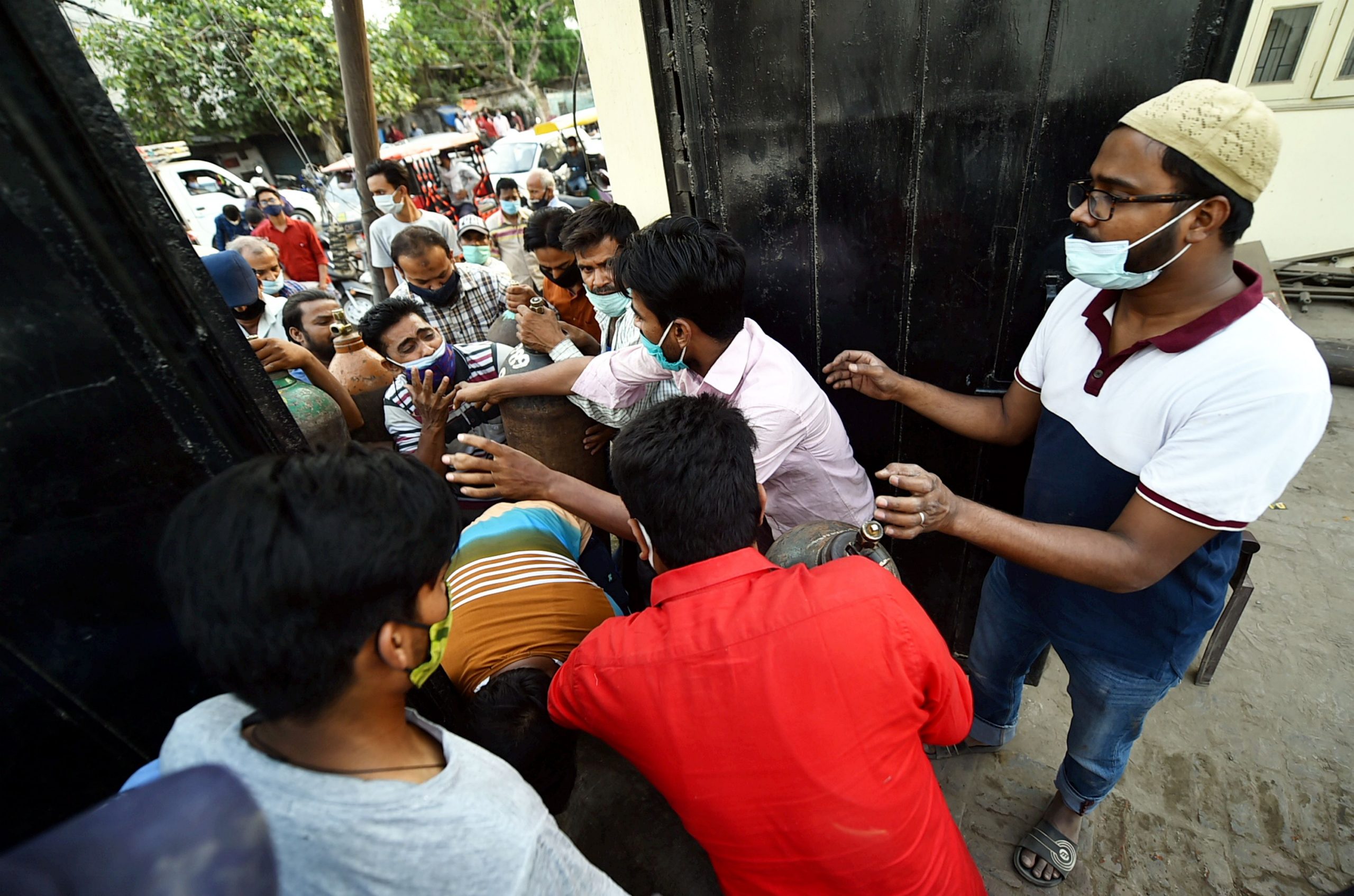India’s COVID-19 tally touched 15,930,965 on Thursday after 314,835 new cases of coronavirus were recorded in the last 24 hours. As cases spike, hospitals across India are reporting a shortage of beds, oxygen and medicines, making it difficult for patients to manage medical help.
As appeals for beds and oxygen cylinders flood social media, influencers and social activists across platforms have come to the rescue, trying to amplify the needs of people in crisis.
Also Read | Remdesivir for Rs 1 lakh, black marketeers feed off India’s COVID tragedy
From climate activist Disha Ravi to YouTuber Srishti Dixit and Kusha Kapila, most of the influencers have been sharing Instagram stories or tweeting the needs of people as well as the availability of beds, oxygen cylinders, or Remdesivir.
These social media influencers are not only sharing emergency requirements or information on the real-time availability of hospital beds, local helplines, pharmacy numbers and other details, they are also cross-checking every detail.
Also read | Most people don’t need hospitalisation, do not panic: Advice from top doctors
Srishti Dixit, a content creator, told AFP that she receives a new request for help every 30 seconds, which creates a huge backlog. The 28-year-old works late into the night, editing and verifying details of where to get what and amplifying the requests for help.
As soon as she shares the list with her 684,000 followers on Instagram, it becomes obsolete as beds fill up almost immediately and pharmacies sell out.
Be it on a local level or national level, many content creators, from Dolly Singh, Mallika Shukla, or social media activists like Sukhnidh Kaur or Mitali Bhasin are sharing a number of pharmacists, hospitals with beds available, and numbers of volunteers on their Twitter handles and Instagram on daily basis.
Also read | Oxymeters, oxygen cans, steamers; Delhiites stock up amid COVID scare
Apart from amplifying the needs of COVID patients and the resources available, Influencers and activists are also jotting down guides on mental health or numbers of therapists, who are available to provide help for free or at a low cost, for people, who are suffering due to the crisis.
These influencers might not be able to help people at the policy level, but through their stories and tweets, many are amplifying the requirements of the people at a larger level, making sure that they are at least helping on an individual level.
Srishti Dixit told news agency AFP, “I am not always successful, I am sure there are lapses… but hopefully it is helping people at least on an individual level.”





